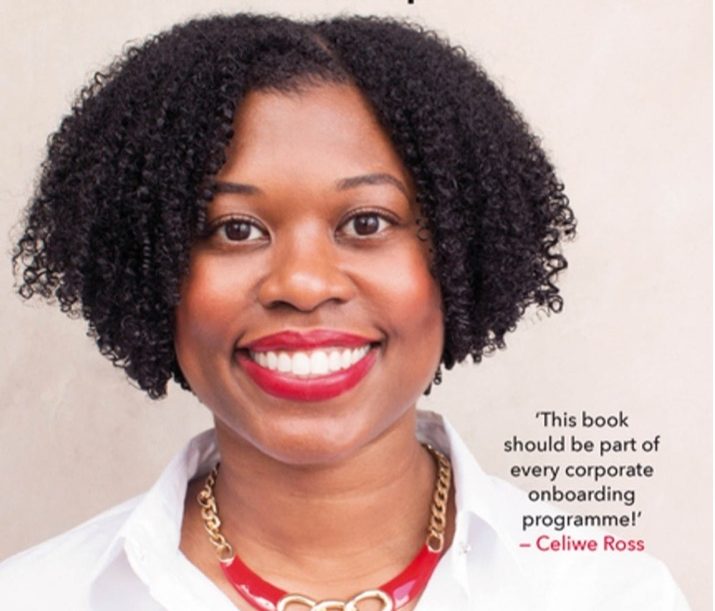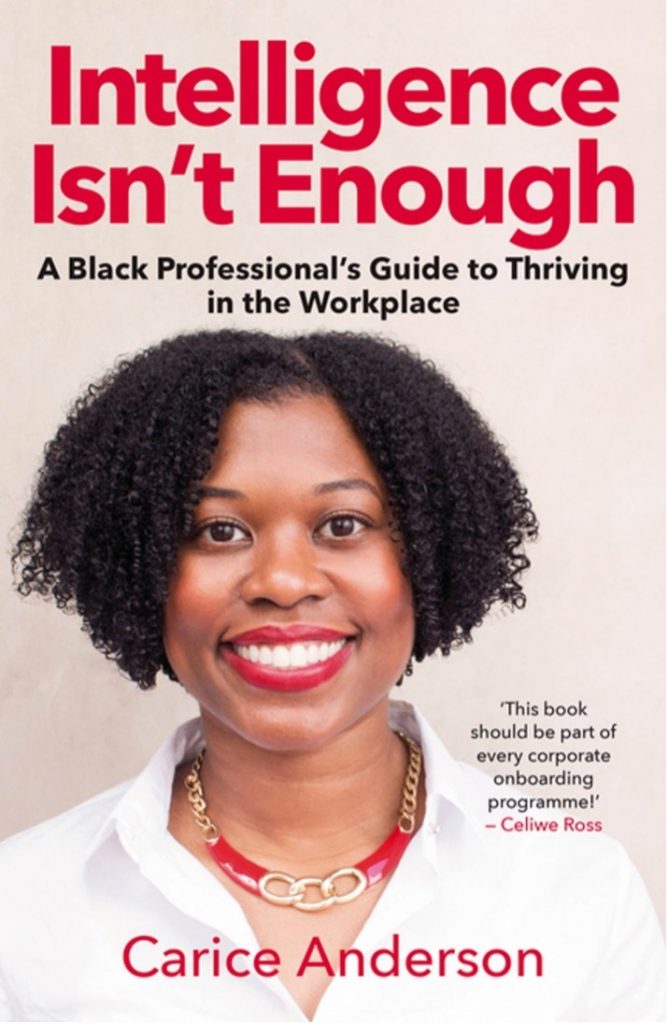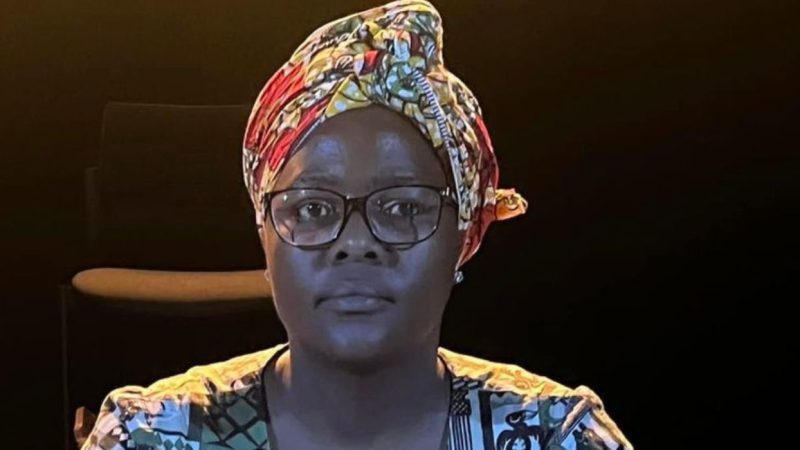Book Review: Carice Anderson’s Powerful Life Lessons for the young professional

So you have woken up, taken a shower, made yourself a cup of coffee, two eggs and a slice of toast. You step outside of the front door but today there is something different in your stride; you have landed your first job after graduating! Hold on a minute, are you ready for the marathon ride that is adult life? Are you equipped with the relationship building tools that make for meaningful relationships? Have you worked on your brand? Do you know how to communicate effectively? I know I have given you a lot to think about but not to worry take some time to read Carice Anderson’s “Intelligence isn’t enough: A black professional’s guide to thriving in the workplace.” In the pages of this book Anderson invites us to reflect deeply on ourselves, others and our environment to achieve optimum performance in the workplace.
Anderson is a seasoned profession who holds an MBA from Harvard University and has worked for organisations such as Deloitte and McKinsey and Company (I encourage you to take copious notes as you read this book!). She even admits that at twenty-three years of age she wished she would end up in a car accident and injure her right arm so that she could not work; she disliked her job that much. Nobody ever prepares you for the workspace. We spend so much time in school where test scores, exam marks and a “Very Good” comment was a gauge whether we were succeeding or not. As the day dawns when you have to start you first job all of this is shed away like melting snow and most people are in for a rude awakening.
The first chapter, “A whole new world” Anderson discusses the difference between working in your career and working on your career. She states that the difference is that working on your career is working hard and the day to day tasks that allow you to meet your targets and goals. Working on your career is taking a more strategic position in working on your brand, relationships and other areas that push you forward in achieving your career prospects. The author encourages her readers to take control of elements that they have power over in their work lives and move from a victim mentality to a victor mentality. Other things she discusses in the opening chapter are to remember our “why” (knowing why you choose the company and what you want to achieve while you are at that company). Anderson also speaks on the importance of taking ownership (ownership of problems, professional and personal development and the organisation you work for).
The second chapter is titled “Get your mind right”. This part of the book was very candid and Anderson argues that self-awareness is important and the foundation for professional development. The author generously provides tips on how to invest in ourselves, how to examine our baggage and also invites us to have growth mindsets as opposed to fixed mindsets that can be limiting to our growth as individuals. Another topic that is discussed is the imposter syndrome which I highlight for this review because many people even the most successful seem to suffer from this!
“People Matter” is the next part of this book. One thing that stood out for me in this chapter is when the author candidly details a confrontation she had with a manager she once worked with (she claims her angry black woman mode was on full display). Not only that, she also discusses the reason why there was tension between her and the manager. So why do people really matter? Well the author claims that “Excellence does not happen in isolation”. Conflict resolution is also touched upon in this chapter. Anderson touches on the importance of having sponsors and mentors and distinct difference between the two.
In chapter four “Developing your cultural intelligence” she powerfully highlights how we have all become global citizens. Needless to say the world is a salad bowl and by stepping outside of your front door, you meet the most interesting and unique creature called a human being. The author encourages us to take stock of our own culture before we try to appreciate the culture of others and to interrogate your past objectively. She discusses Black people’s often disregard of time (yes guys we need to work on that!). The organisation’s culture is also an aspect that should be studied by the professionals.
The fifth chapter “Building your personal brand” (and my personal favourite) Anderson dispels myths about personal brands and encourages people to find a brand that fits them. A personal brand being the words and emotions that come to people’s minds when someone mentions your name; and you have the power to influence that (you are master of your brand!) Anderson then provides an eight step guide to building your own brand.
In “Communication is key” (chapter six), she explains how communication is how you express ideas and your feelings among other topics and also get clarification among other things. The author illustrates how to have a courageous conversation and encouraged us to be solution-oriented as opposed to problem oriented. She discusses three types of courageous conversations that one has to master in their careers: professional delivery, professional development conversations and personal dynamic. She even goes as far as showing some common conversation starters and how to go about them.
She also touches on some useful tools to help with self-awareness and team building: behavioural iceberg model, MBTI (Myers-Briggs Type Indicator) personality indicator and CliftonStrengths Assessment. Anderson also cites certain books that have also helped her in her journey. She drops wonderful quotes from world leaders, heads of blue chip companies, industry captains and leadership practitioners who all drop their own unique insights. Anecdotes are also given to show us the practicality of what she discusses.
“Intelligence isn’t enough” is an insightful book that dishes powerful wisdom tokens for the next generation of black professionals as they ascend to seats of influence in the world (no pressure). Anderson says one of her missions is to empower people and she is sure to do so in this book. In the words of Maya Angelou “When you get give, when you learn teach” Anderson has done exactly that.





